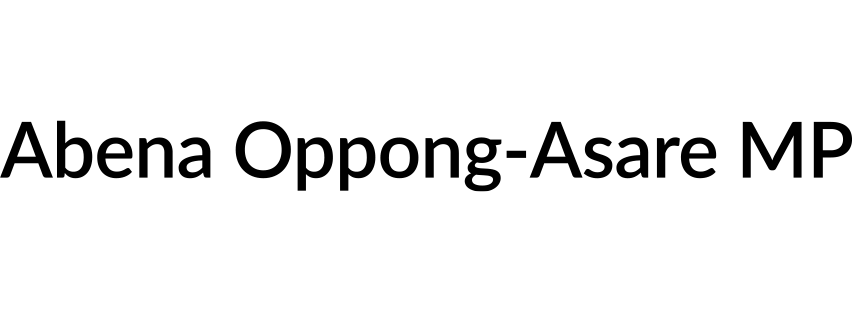European Union (Future Relationship) Bill
I want to set out my thoughts about the Deal and explain my reasons for reluctantly voting in favour of it.
It is clear for all to see that the deal has serious flaws:
- UK firms will lose automatic access to EU financial services markets, which form a significant and vitally important component of the UK economy. We have already seen jobs moving out of the City and into Europe – the deal as it stands will do nothing to protect those jobs and may even turn a trickle of job losses into a flood.
- This deal adds new burdens and red tape onto British business, with some businesses facing new customs checks on their products in order to prove their point of origin. In practice, UK firms will now need to get two sets of approval certification if they want to sell their products in both the UK and Europe. This is especially galling, given that during the referendum campaign businesses were sold the lie that Brexit would mean freedom from EU regulation.
- The Government seem to have completely forgotten about the Arts and Creative Sectors when negotiating this deal. In practice, this will mean that actors and musicians will now face country-to-country restrictions, meaning multiple Visa applications and logistical red tape. This is both needless and unacceptable – this issue was specifically raised by Sir Keir Starmer in his formal response to Boris Johnson at the start of the Parliamentary debate today. Labour also proposed an amendment that would require urgent action from the Secretary of State to negotiate a specific agreement to rectify these problems.
- Boris Johnson has negotiated for a divergence of employment and environmental rights legislation. Clearly, he has not done so because he wants to strengthen your rights at work or to improve environmental protection standards. I have deep concerns that the government has a desire for a race to the bottom that may impact both your rights at work – such as health and sickness protections, maternity and paternity rights – but also vitally important standards, such as the use of pesticides, the need for clean air and of course practices such as fracking.
These are by no means all of the problems with the Government’s Deal, but they do give a flavour of the mess that Boris Johnson has made of his negotiation.
The idea that this deal settles the issue of our relationship with the EU is deeply flawed. As laws change within the EU, we will have to either align our standards to match these changes, or risk a financial penalty, most likely in the form of new tariffs on trade. Rather than free our businesses of what some saw as the burden of EU rules and regulations, we have simply given up our influence over the making of those rules. Something that in the long run I believe we will come to regret.
Despite the deep flaws with this deal, it is my view that I have no choice but to vote in favour of it. At this stage of the process, this is not about whether or not Brexit can be stopped, or whether or not we can add more time for a new negotiation – the chance for either of those outcomes ended with the result of the last General Election. The only choice at this stage is between this bad deal, or a no deal exit.
Exiting on January 1st without a deal would mean chaos, with the potential of food and medicine shortages as well as substantial regulatory barriers and tariffs placed on trade. I do not believe it is morally right for me to vote against a deal – which at this very late stage would be to effectively vote for a no deal exit – unless I am prepared for that eventually to occur. Therefore, I feel that I had no choice but to support this Bill.
This is by no means the end of the Brexit process. The deal that the Government has negotiated must be the minimum agreement that we reach, not the final agreement. As we move into the New Year, the Government must urgently look to plug the gaping holes in the agreement it has negotiated before too much economic damage is done. Needless to say, I will be pushing the government hard on our future relationship and holding them to account to do all that can to ensure this deal is significantly improved.
I campaigned hard for Remain during the referendum and I stood on a manifesto that would have given the British people a confirmatory referendum. I spoke to many people during the General Election who were furious at what they saw as their vote during the Referendum being ignored. Whether we agree with their view of Brexit or not, I believe that we must acknowledge the deeply felt anger that people feel over the way that Parliament has handled the issue of Brexit since the referendum.
This is not the outcome that I pounded the streets and spoke at meetings for, nor is it one that I know many of you will have hoped for. I know that some constituents will not agree with my decision to vote for this deal, but I have done so in good faith and for the reasons set out above.
I hope that you have a healthy and happy New Year.

